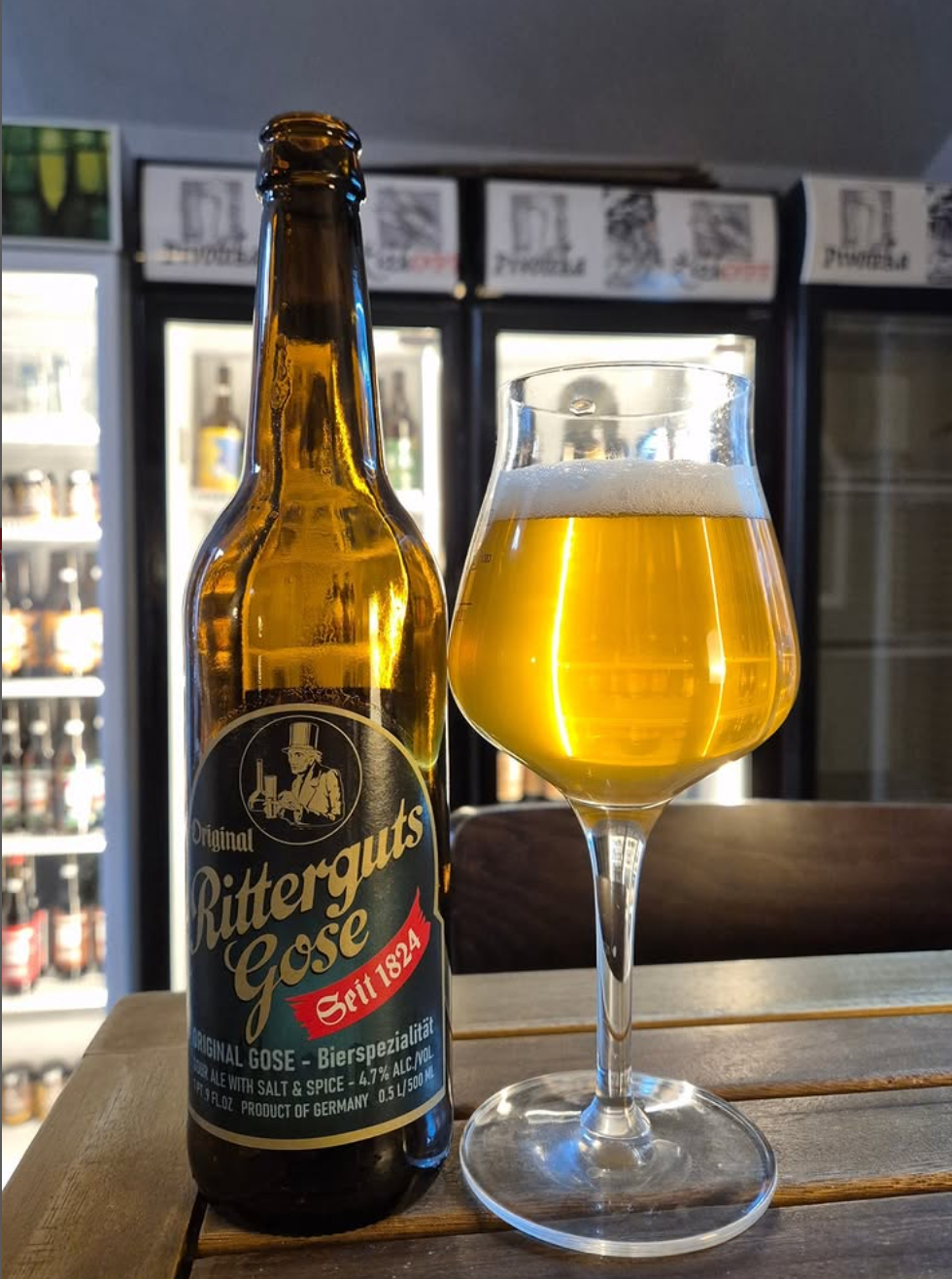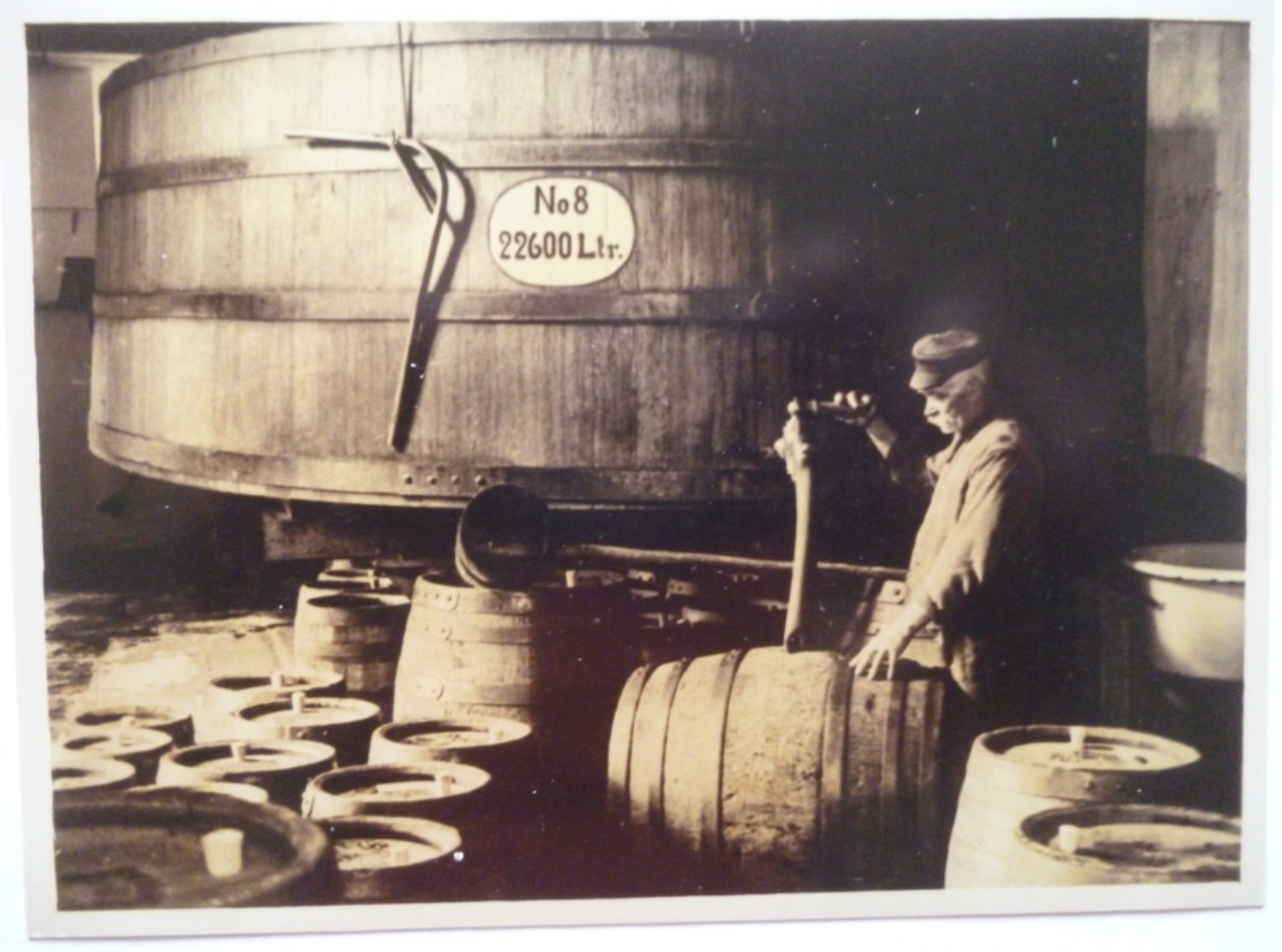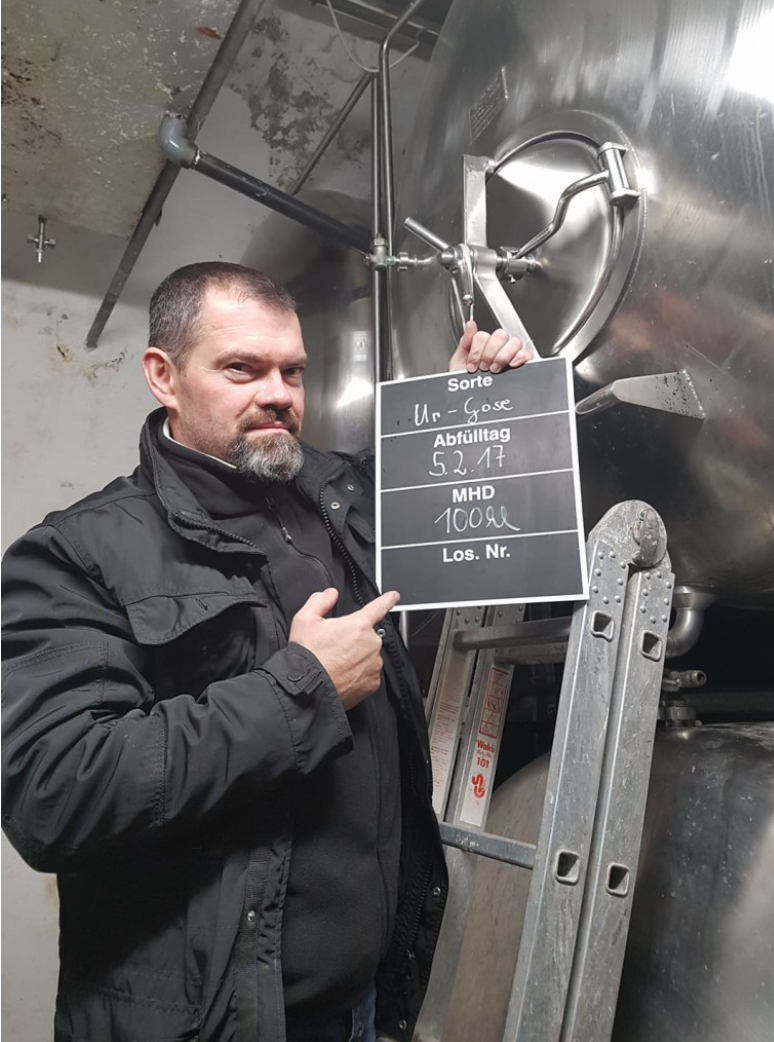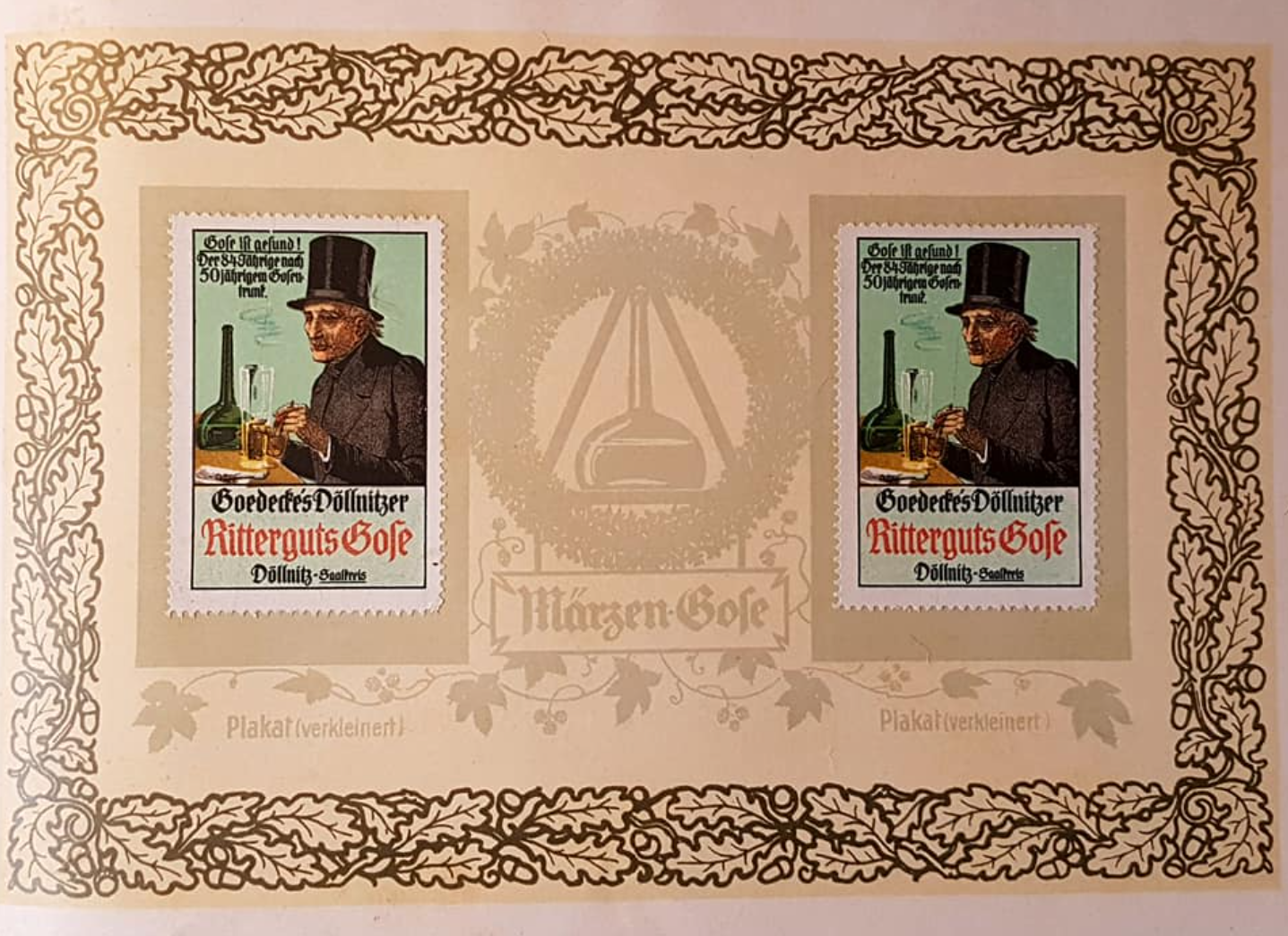 One of the most talked-about styles among craft brewers and beer enthusiasts today is Gose, a unique sour ale brewed with saline water and spiced with coriander. The earliest known reference to this style dates back to 1332, from the records of the Ilsenburg Monastery.
One of the most talked-about styles among craft brewers and beer enthusiasts today is Gose, a unique sour ale brewed with saline water and spiced with coriander. The earliest known reference to this style dates back to 1332, from the records of the Ilsenburg Monastery.
Interestingly, the original Gose from the town of Goslar, Germany, wasn’t actually brewed to be sour. It was made with naturally salty river water, as all local water sources contained high levels of mineral salts. Coriander was added not for flavor alone, but to balance out the salinity. While Goslar’s Gose did have a hint of tartness, it came from the wheat used in brewing, not from lactic acid bacteria.
 As the beer’s popularity grew, traders began exporting it without refrigeration. By the time it reached Leipzig, almost 200 kilometers east, it had often developed a distinct sourness due to natural fermentation during transport. Locals embraced this unexpected twist, and Leipzig’s take on Gose became known for being not just salty and spiced, but also delightfully tart. Its crisp and refreshing profile made it a hit year-round, from chilly winters to scorching summers.
As the beer’s popularity grew, traders began exporting it without refrigeration. By the time it reached Leipzig, almost 200 kilometers east, it had often developed a distinct sourness due to natural fermentation during transport. Locals embraced this unexpected twist, and Leipzig’s take on Gose became known for being not just salty and spiced, but also delightfully tart. Its crisp and refreshing profile made it a hit year-round, from chilly winters to scorching summers.
Gose’s rising fame in Leipzig gave birth to a unique beer culture. Dedicated taverns called Gosenschenke began popping up, where locals gathered to enjoy the brew. One of the most notable figures in Gose history was Johann Philipp Ledermann, who began brewing it in 1824 at the Rittergut Döllnitz estate. His version Ritterguts Gose became Leipzig’s most beloved Gose until 1945, when the brewery was dismantled and the equipment sold for scrap.
 Efforts to revive Ritterguts Gose began in 1949, but none truly succeeded until the mid-1990s. That’s when homebrewer Tilo Jänichen (on the photo), after years of research and experimentation, approached Adolf Goedecke, a descendant of the Rittergut Döllnitz family. With their partnership and dedication, Ritterguts Gose was finally relaunched in 1999 and quickly gained popularity not just in Germany, but across Europe and even in Asia.
Efforts to revive Ritterguts Gose began in 1949, but none truly succeeded until the mid-1990s. That’s when homebrewer Tilo Jänichen (on the photo), after years of research and experimentation, approached Adolf Goedecke, a descendant of the Rittergut Döllnitz family. With their partnership and dedication, Ritterguts Gose was finally relaunched in 1999 and quickly gained popularity not just in Germany, but across Europe and even in Asia.
Curiously, despite its international success, Ritterguts Gose remains hard to find in Germany itself. Few beverage wholesalers stock it, and in most bars, it’s a rarity, almost like the Flying Dutchman: often spoken of, rarely seen:)
 But if you happen to find yourself in Leipzig and want to experience this legendary brew for yourself, here are a couple of places to check:
But if you happen to find yourself in Leipzig and want to experience this legendary brew for yourself, here are a couple of places to check: